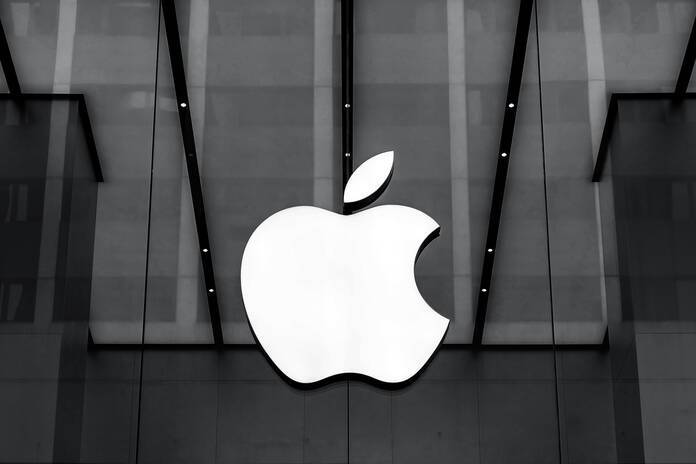Apple Inc.’s (NASDAQ:AAPL) decision to redirect resources from its electric car venture to artificial intelligence (AI) projects has failed to uplift its stock, which continues to face a downward trend.
Based in Cupertino, California, the company has maintained secrecy regarding its AI endeavors, although CEO Tim Cook recently assured shareholders of groundbreaking advancements in this field. Nonetheless, investor dissatisfaction is evident, with the stock plummeting by 12% this year, pushing its market capitalization below that of Microsoft Corp.
Kim Forrest, chief investment officer at Bokeh Capital Partners LLC, attributed this decline to investors’ fascination with generative AI, diverting attention and funds from other technology companies. She emphasized the importance for Apple to demonstrate its relevance in an AI-driven world.
The shift in focus comes amidst sluggish iPhone sales, particularly in China, during the initial months of this year. Furthermore, the anticipated release of the Vision Pro headset, a significant product launch for Apple, is not expected to contribute substantially to sales growth shortly.
David Klink, senior analyst of equity research at Huntington National Bank, highlighted the absence of a groundbreaking Apple product in recent times, leading to investor frustration, particularly in comparison to competitors like Nvidia.
Wall Street’s sentiment towards the tech giant is increasingly skeptical, as evidenced by its removal from Goldman Sachs’ conviction list and Evercore ISI’s tactical outperform list. The ratio of buy ratings to holds and sells for Apple is at its lowest since 2020.
Melius Research analysts, led by Ben Reitzes, stressed the significance of Apple’s AI strategy launch, labeling it as the most pivotal event since the introduction of the iPhone. While the shift away from electric vehicles has been positively received, analysts anticipate Apple’s entry into the generative AI market.
Rhys Williams, chief strategist at Wayve Capital Management, noted Samsung’s success with generative AI in its Galaxy line of smartphones, highlighting Apple’s lag in this area.
However, bullish investors remain optimistic about Apple’s potential to captivate consumers with AI enhancements. Melius analysts foresee AI-driven services encouraging iPhone upgrades, potentially initiating a “supercycle” in 2025.
Robert Conzo, CEO and managing director at The Wealth Alliance LLC, emphasized Apple’s historical strategy of strategic timing, suggesting that counting them out in the early stages of the AI cycle would be premature.
In terms of market performance, Apple has witnessed a decline of over $300 billion in market value since its record high in December. A combination of factors including disappointing forecasts, declining business in China, regulatory fines, and a lack of breakthrough products have contributed to this decline, signaling risks to its supply chain.
Featured Image: Unsplash















